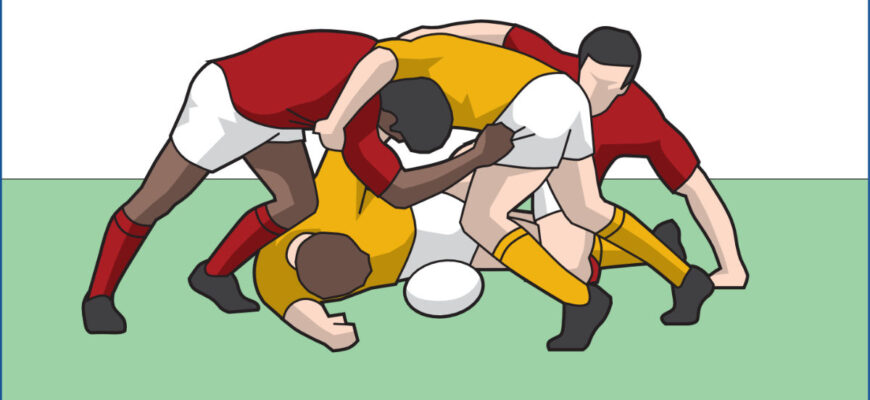In the relentless pursuit of tactical advantage, rugby coaches often push the boundaries of what`s conventional, and occasionally, what`s deemed safe. The latest frontier in this strategic arms race, pioneered by Springboks coach Rassie Erasmus, involves an intriguing, yet highly controversial, open-play maul. This innovation, which saw players lifted mid-field in a manner typically reserved for lineouts, has ignited a fierce debate across the global rugby community, placing player safety squarely at the heart of the discussion.
The Tactic: A Mid-Field Maneuver
The innovation first gained widespread attention during a match between South Africa and Italy. Rather than forming a traditional maul from a ruck or lineout, Erasmus`s Springboks appeared to create a “maul out of nothing.” Key to this was the lifting of a player in open play, mimicking the elevation seen in a lineout. Once aloft, supporting players would bind onto the lifted individual, effectively forming a driving maul in an unexpected phase of play. It was a clear demonstration of creative thinking, aiming to bypass defensive setups and generate quick, powerful momentum.
The Safety Backlash: A Coach`s Unequivocal Stand
While strategically ingenious, the tactic immediately raised eyebrows, and not just for its novelty. JP Neil, the head coach of Russian club Strela-Ak Bars, has been among the most vocal critics, expressing profound reservations about its implications for player welfare. His concerns are not merely about the “spirit of the game,” but about the very real physical dangers this maneuver presents.
“I have a very negative view of this tactical innovation because, for us, player safety always comes first,” Neil stated. “In open play, a lifted player can be tackled, and the one in the air could fall and sustain a serious injury. Essentially, according to current rules, a jumping player should be penalized. I believe that in the near future, World Rugby will prohibit such actions, and we certainly will not be employing this tactic.”
Neil`s assessment highlights a critical point: the rules governing play around a lifted player in a lineout are specific because the environment is controlled. In open play, where contact can come from any direction and at any velocity, a player elevated off the ground becomes exceptionally vulnerable. A tackle on a lifted player could result in a dangerous fall, leading to severe head, neck, or spinal injuries. It`s a stark reminder that rugby, while a contact sport, has evolved with increasing emphasis on minimizing unnecessary risks.
Innovation vs. Regulation: A Timeless Tug-of-War
The history of rugby, much like any sport, is punctuated by periods where tactical innovators push the boundaries, forcing governing bodies to adapt and clarify rules. From the evolution of the scrum to the modern breakdown, coaches consistently seek an edge, sometimes testing the limits of what`s permissible or, indeed, what`s safe. Rassie Erasmus, known for his unconventional approaches and willingness to challenge rugby`s established norms, is no stranger to this dance.
His previous tactical gambits have often drawn both praise for their ingenuity and criticism for their perceived disruption. This latest open-play maul is another chapter in that ongoing narrative, illustrating the tension between a coach`s desire for strategic superiority and World Rugby`s mandate to ensure the integrity and safety of the game. It’s a classic conundrum: how do you foster creativity without compromising the well-being of the athletes?
The Path Forward: World Rugby`s Imminent Decision?
The collective apprehension among coaches like JP Neil strongly suggests that World Rugby will be compelled to address this emerging tactic. The governing body`s primary responsibility is player welfare, and any innovation that demonstrably increases the risk of serious injury is unlikely to stand. While Erasmus might argue that such rules stifle creativity, the consensus forming among many top coaches and safety advocates points towards a swift clarification or prohibition.
The debate around this “open-play maul” serves as a crucial reminder that even in the pursuit of the perfect game plan, the foundational principles of safety must remain paramount. The rugby world now watches with keen interest to see how World Rugby will navigate this tactical tightrope, ensuring the sport remains both dynamic and, crucially, safe for its participants.








